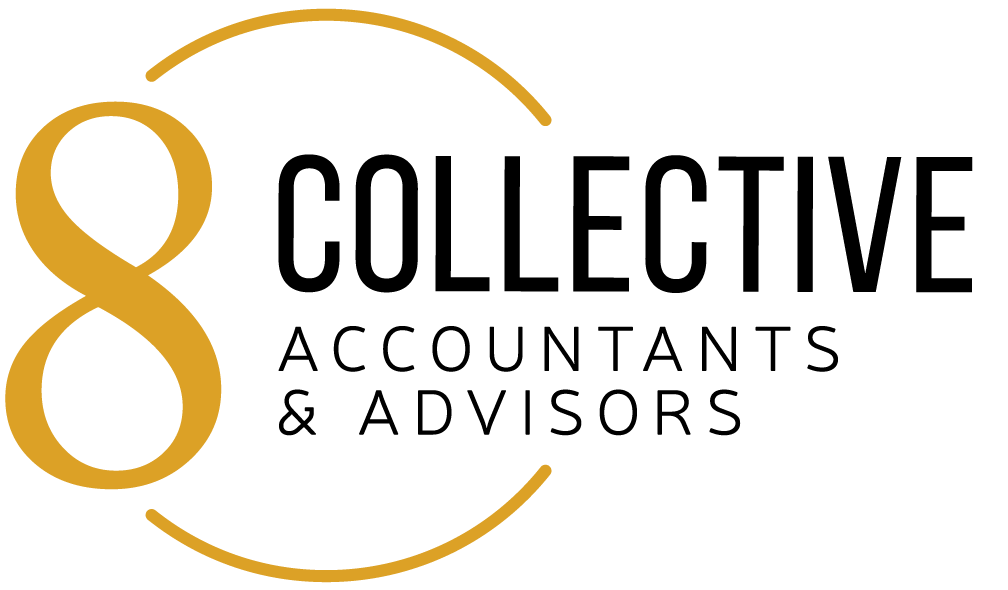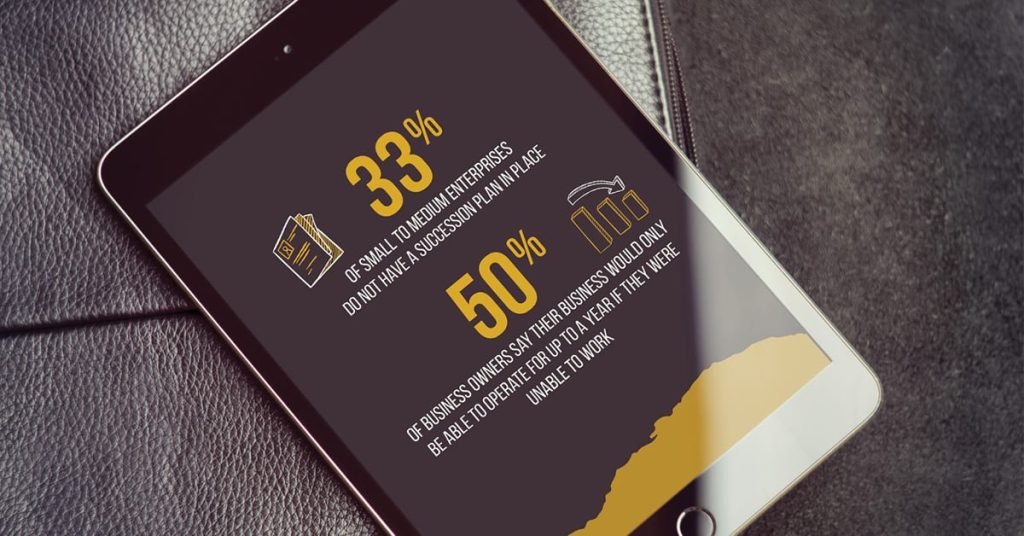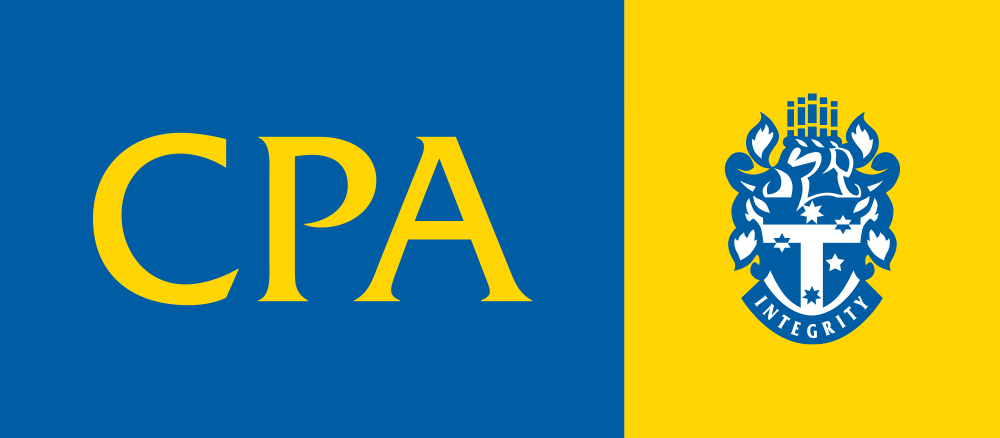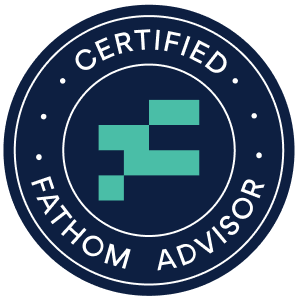Buy/Sell Agreements and Insurance for Business Owners – Are they really necessary?
If you have equity in a business you own with other people, have you considered what might happen to the control and future ownership of the business if one of the partners or shareholders should die, become seriously disabled or have a crisis event.
In many cases the loss of a business owner from one of these events can result in the collapse of what was a healthy business, simply because there was no succession plan in place.
This is where a buy/sell agreement and a suitable insurance policy should be considered.
What is a Buy/Sell Agreement?
A buy/sell agreement is a legal contract that outlines the details of how the ownership of the business will be managed on the death or disablement of a partner or shareholder.
Think of a buy/sell agreement like a business will with the insurance proceeds as the assets of this will. A buy/sell agreement can help minimise the risk of:
- Remaining owners needing to sell the business or to take out additional borrowings to pay out the departing owner or their estate
- Assets being frozen due to legal issues created by the departing owner, their family or estate
- A departing owner’s family deciding to become an active business partner, against the wishes of the continuing partners
- The departing owner’s spouse or family taking up their legal right to claim business profits without working in the business
- A departing owner’s spouse or estate selling their share to an unsatisfactory third party
An important part of the buy/sell agreement process is having all parties agree on the value of the business and they can get the full value of their equity in the business at the time of their departure or death. Current market value is commonly used, and should be updated regularly. Other valuation methods include indexing the value to inflation, or to the expected business growth rate.
What is Buy/Sell Insurance?
Buy/Sell insurance funds the Buy/Sell agreement and is like estate planning for your business. It is a lump sum payment that ensures the remaining owners can acquire the departing owner’s equity, and continue to run the business. It also enables agreed compensation for the share held by the departing owner or their estate.
Buy/sell insurance cover is usually self-owned, that is, each business owner/partner would purchase a policy on their own life. In the event of a claim, any disability proceeds would be paid to the departing owner, or any death benefit would be paid to the estate or nominated beneficiary of the deceased owner. The deceased owner’s equity would then be transferred to the remaining owner/s in accordance with the buy/sell agreement.
The risks that can be covered by Buy/Sell insurance are:
- Death of a partner (life insurance)
- Total and permanent disability (TPD insurance)
- Trauma such as heart attack, stroke, cancer and paraplegia (trauma insurance)
However, there are a number of options available for insurance policy ownership, including self-ownership, cross-ownership, insurance trust, business entity and ownership by a superannuation fund trustee.
To remove the complexity from the process, ensure your buy/sell agreement is constructed in consultation with a reputable accountant. They will be able to provide taxation advice relevant to your business succession plan. For example, there can be taxation, Goods and Services Tax (GST), CGT and stamp duty implications involved.
An accountant may also be able to assist in providing the valuation of the business, identify operating entities that should be included in the agreement, the entities or people that own the operating entities and the debts and equity in each of the entities.
Your first step to protecting your business is to reach out to one of our financial advisors, we can help you navigate the process of setting up a Buy/Sell agreement and obtaining appropriate insurance cover – book in a time today.
*statistics shown in image are from metlife.com.au






